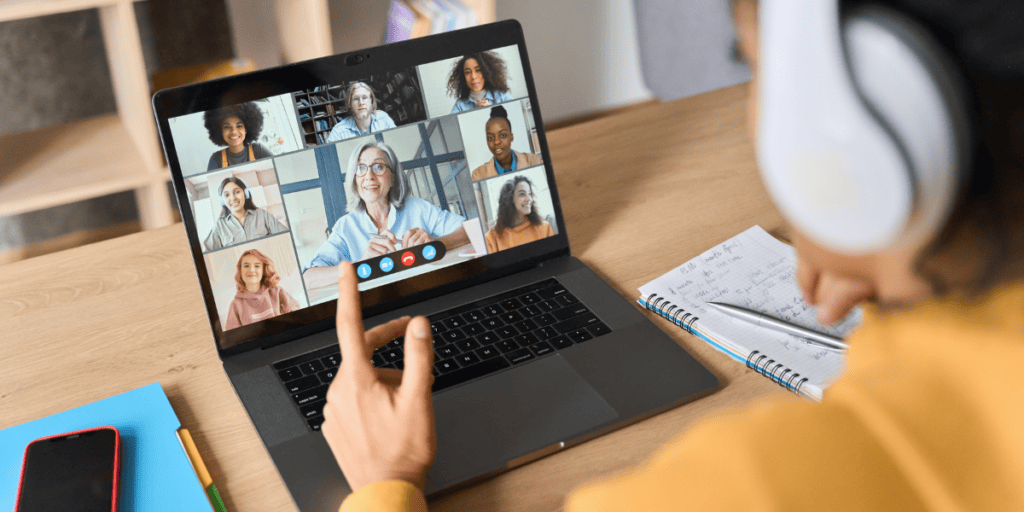Ethnographic Market Research
Technology may change the way we conduct research, but core methodologies hardly ever shift. Among the most popular methods, and the oldest, ethnographic market research is perhaps the best example of these age-old formulas. Rooted in anthropology, ethnographic studies analyze customers within their actual environments. Practical questions will always have a place within market research, but ethnography expands from these basic questions and into something greater.
What is Ethnography Good For?
The main reason for using an ethnographic study is to answer questions that typically have inaccurate or incomplete answers. Ethnography requires activity within the field, not to mention indirect engagement. The logic behind such practices is also sound. Questions prompt reaction and connotation, after all, and observation is among the only ways to avoid such direction.
Near every large enterprise’s MR department uses ethnographic market research. Field studies can cost a ton, though, and their scheduling framework is on-par with that of just about any traditional qualitative project. In other words, a properly fielded ethnographic study requires months of scheduling and coordination.
Ethnography in the 21st Century
While never a wholesale shortcut, taking ethnographic research to the internet offers phenomenal improvements to turnaround, reach, and overall activity. The potential for real-time footage dramatically expands ethnographic market research’s place on the internet. That very reason alone is why our teams at Discuss.io are so excited to offer real-time, HD footage from Android phones and platforms. Expanding the platform to mobile devices allows researchers to capture and send real-time, HD footage to researchers scattered throughout the globe. Along with scheduling, the benefit of instantaneousness takes ethnography to a place of cost-affordability as of yet unknown.
Benefits of Mobile Ethnography and More Qualitative Follow-through
Observational yet actionable, ethnographic market research also brings first-hand legitimacy to any project. A method that analyzes culture first and foremost, ethnographic studies offer a few prime benefits.
-
Analysis: Ethnographic market research enables researchers to consider angles they otherwise would not.
-
Qualitative Follow-through: Ethnographic studies always consider reaction, which makes them perfect for qualitative follow-through.
-
Segmentation: Not everything is not how it appears, and that is particularly true of target markets.
Ethnographic research provides in-field evaluations to gauge preference and reaction, yes, but it is also for defining markets and their significance. Platforms like Discuss.io are helping to make ethnographic research more efficient and more feasible. Real-time HD feeds, mobile compatibility, and far faster, more efficient scheduling all combine to enable enterprises of all sizes to consider this once exclusive method. Learn more by scheduling a demo or having a chat with us.
Ready to unlock human-centric market insights?
Related Articles

How to Facilitate Meaningful Insights: Strategies for Effective Focus Group Discussions
Conducting a worthwhile focus group requires a strong purpose and well-defined objectives. This isn’t an ordinary chat; it’s an organized…
Conducting a worthwhile focus group requires a strong purpose and well-defined objectives. This isn’t an ordinary chat; it’s an organized…

How to Optimize Engagement with a Virtual Focus Group: Strategies and Tips
Creating successful engagement in virtual focus groups starts with proper planning. This involves everything from the setup of your digital…
Creating successful engagement in virtual focus groups starts with proper planning. This involves everything from the setup of your digital…

Maximize the number of research projects completed by year’s end: Yes, it can be done
Ask most agencies managing enterprise-level market research (MRX) projects, and they’ll tell you they have a love/hate relationship with their…
Ask most agencies managing enterprise-level market research (MRX) projects, and they’ll tell you they have a love/hate relationship with their…



